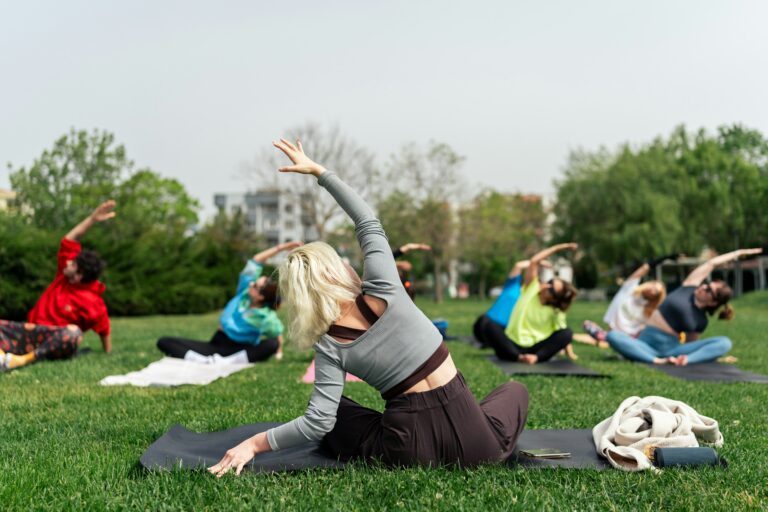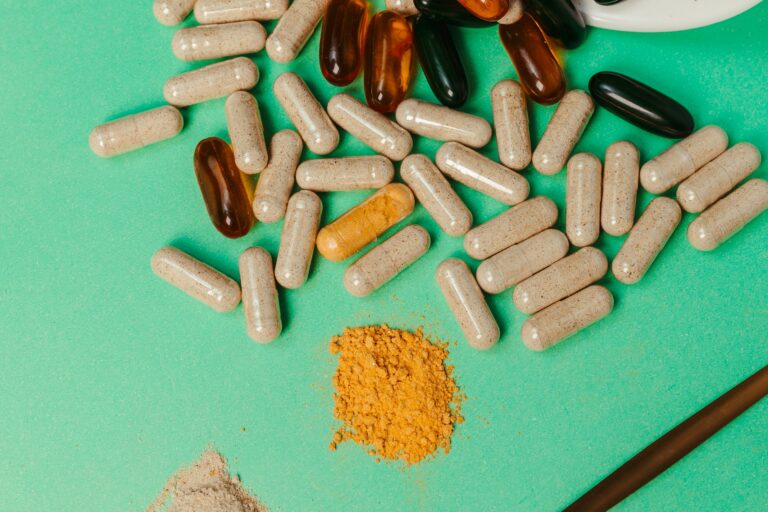From Roger Federer to Allyson Felix, athletes are rewriting the rules of sponsorship — forging deeper partnerships, chiming in on strategy, and earning equity.
How we got here: A lucrative $50B market, sports sponsorship has historically been built on a simple quid pro quo: 1.) brand promises product and cash 2.) rocking said brand, athlete provides in-game visibility.
But the dynamics are shifting. Social media has revolutionized the athlete-fan relationship, bridging the gap between the couch and the stadium. With a portal into athletes’ lives outside of the game, fans are becoming increasingly loyal to individual personalities.
Now, athletes are becoming powerful brands in their own right. More than mere endorsements or marketing payouts, sports sponsorship is evolving in turn.
So long, Swoosh
Federer’s empire. This year, Roger Federer became one of a few athletes to surpass $1B while still active. After leaving a $10M deal with Nike in 2018, Federer signed two deals that netted him $600M, most notably an equity deal and global ambassadorship with On Running.
The whole athlete. After a dispute over pregnancy pay, Olympic gold medalist Allyson Felix also dropped her partnership with Nike in 2019. She described the expectations that used to define her career:
“It’s a very pressured situation to be sponsored traditionally in track and field — it’s about numbers if you don’t perform, reductions and all of these things.”
Enter Athleta, Felix’s new partnership. More than a mere endorsement or marketing payout, Felix has a seat at the table to work on initiatives she’s passionate about — like a $200,000 grant for athletes’ childcare costs.
This year, Simone Biles ditched Nike for Athleta as well, citing the brand’s willingness to support her “not just as an athlete, but just as an individual outside of the gym and the change that I want to create.”
Going further, Biles also partnered with Cerebral in October, a digital mental health platform, as both an investor and the company’s new Chief Impact Officer.
Another approach, running apparel maker Tracksmith hired pro runners Mary Cain and Nick Willis to full-time roles, where they’ll continue to train and represent the brand in competitions.
Meanwhile, startups like Hyperice, Tonal, and WHOOP have perfected the athlete-as-investor playbook with stars like Serena Williams, Stephen Curry, and Patrick Mahomes.
The new NIL. Over in the college arena, changes in NCAA regulations have led to a surge of fresh deals that are already adopting the new rules.
- This November, UConn basketball phenom Paige Bueckers signed a Name, Image, and Likeness (NIL) contract with StockX to work on initiatives she’s passionate about, including highlighting Black women and BIPOC creatives.
- Around the same time, teammate Azzi Fudd inked a NIL deal with BioSteel that endows Fudd with both an ambassadorship and an equity partnership.
Building the infrastructure, Clark Field Collective just launched with $10M for UT Austin NIL deals, PlantFuel has invested “well over mid-six figures” in its student athlete program, and Nike co-founder Phil Knight launched an NIL company in September.
Takeaway: More and more athletes are migrating to brands who value them holistically, not just for races to be won or points to be scored. Up next, brands that adopt the new sports sponsorship playbook—bringing on athletes as content creators, ambassadors, and strategic partners—will pull ahead in the game of loyalty.






